17 Best Alcohol and Drug Rehabs in Mesa, AZ 2025
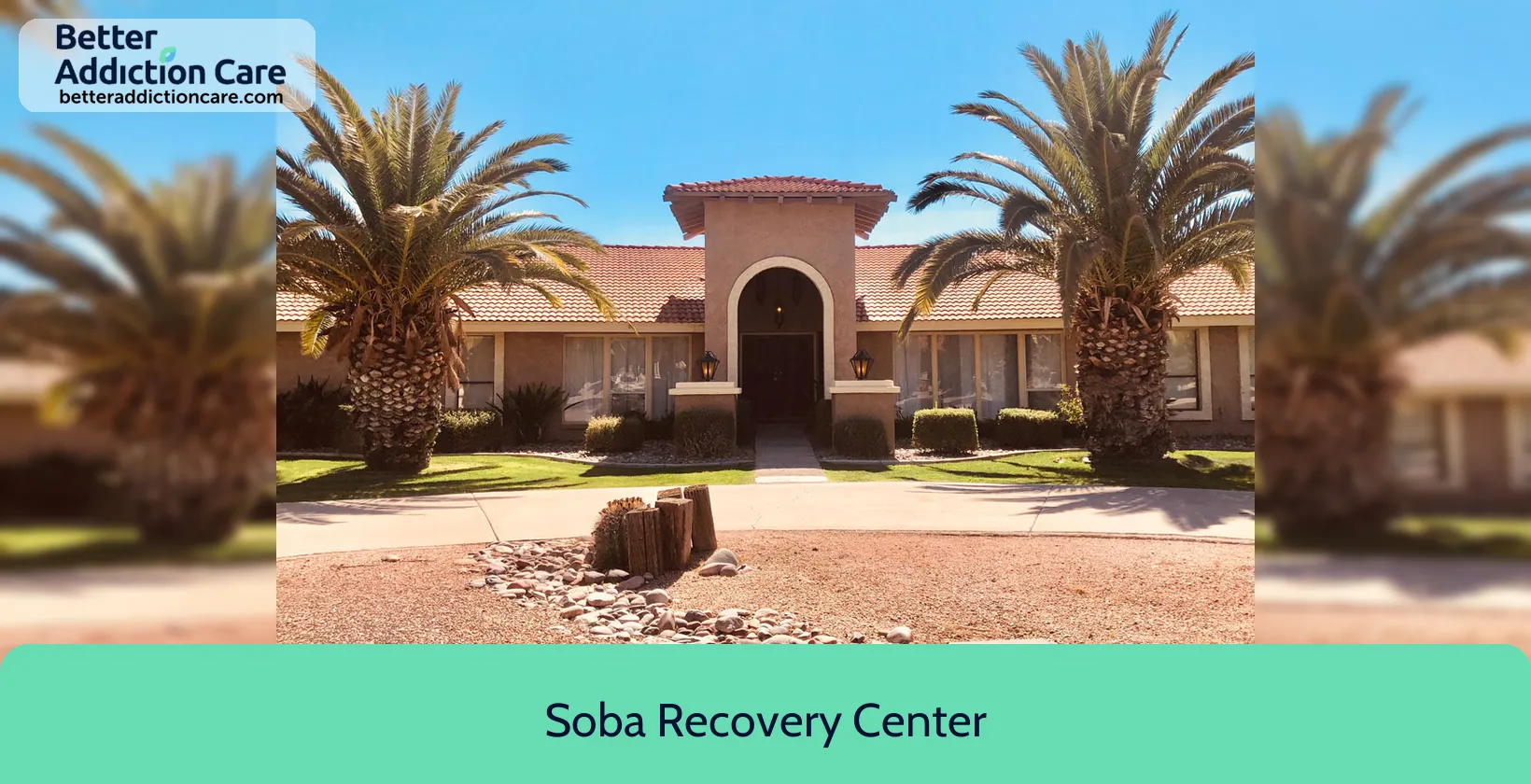
7.46
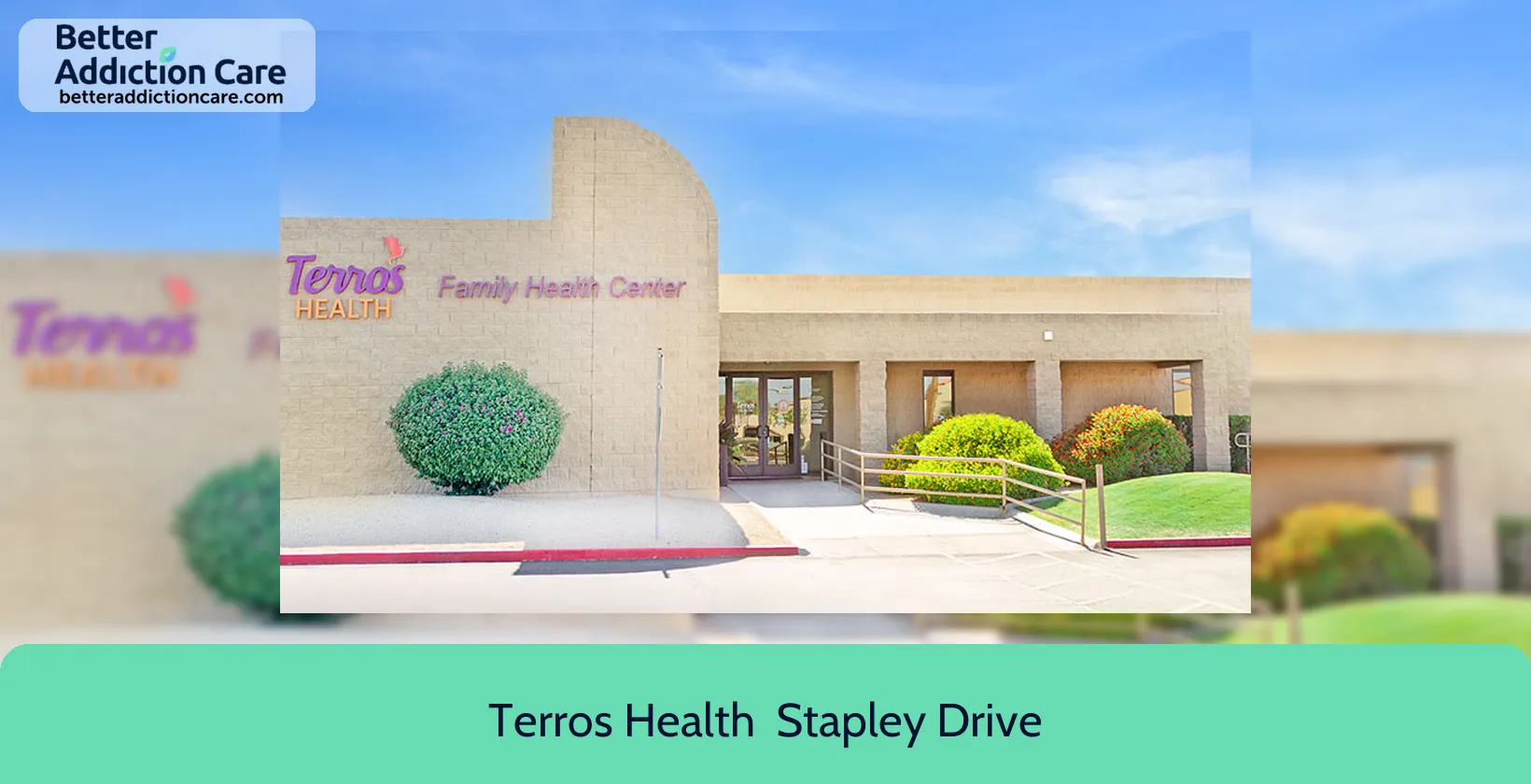
7.40

7.37

6.99

7.39

6.65
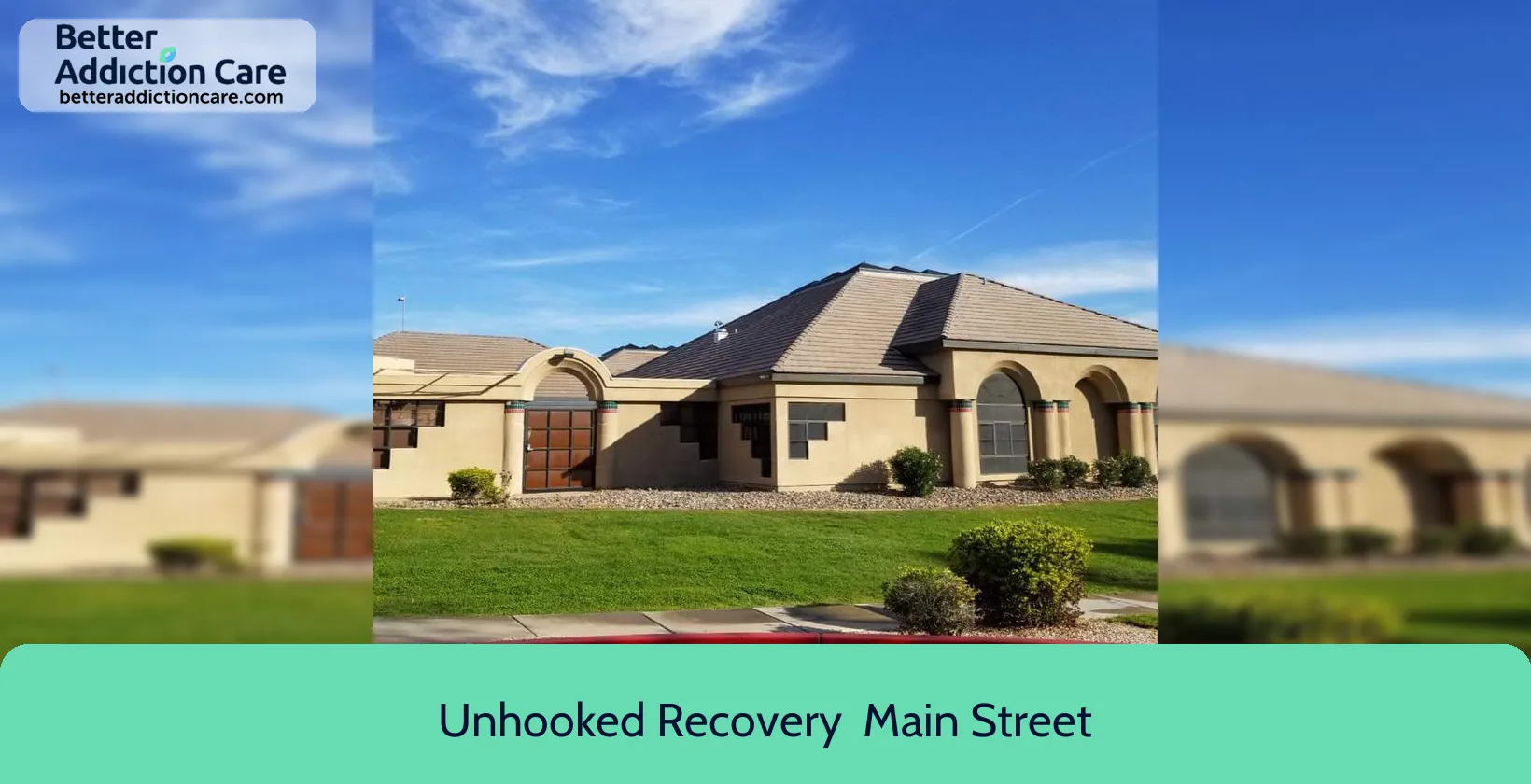
6.89
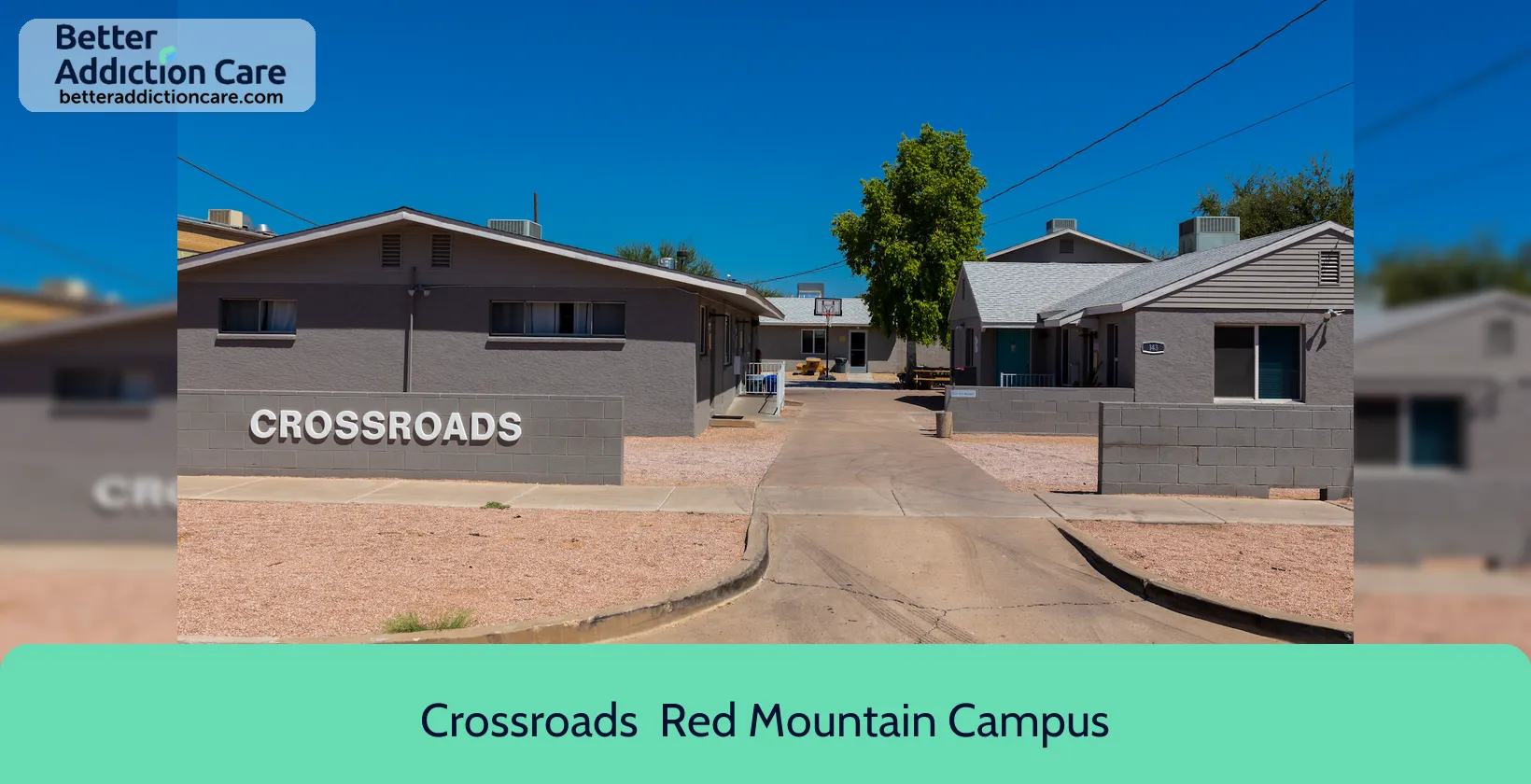
6.56

7.31
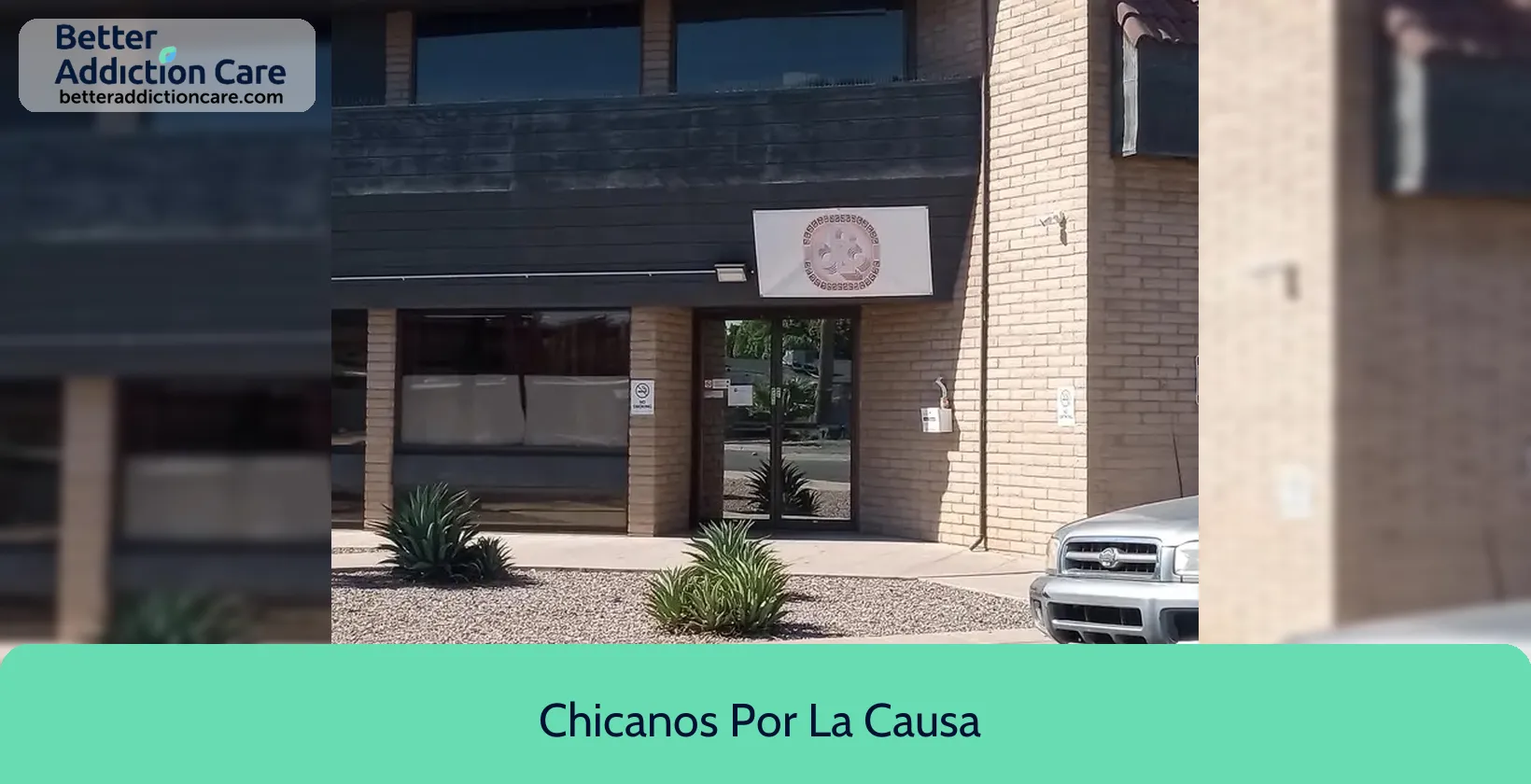
6.62

6.66

6.71

6.65

6.59

7.17

7.03

7.10
Local Rehabs in Arizona
Common Questions About Rehab in Mesa
Take a look at our FAQ. We've tried to fill it with all the answers you're looking for. And if not, contact us on (888) 349-0436.


